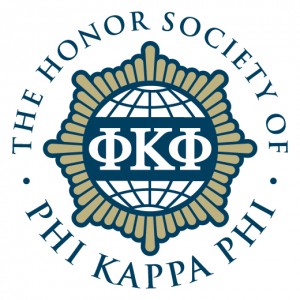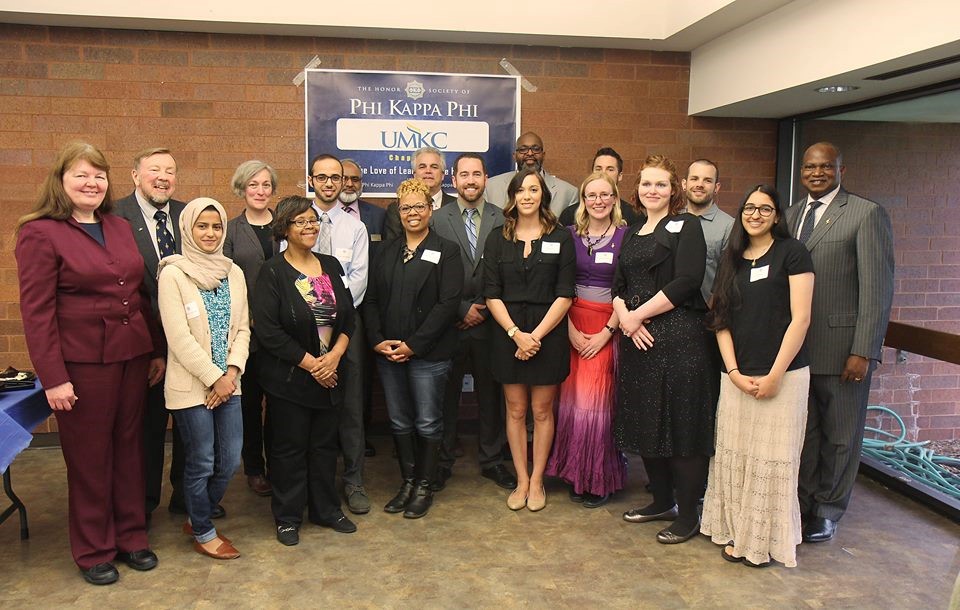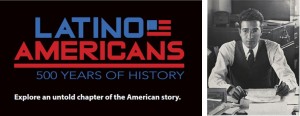Justin Perry, Ph.D., Named Dean of UMKC School of Education
Currently Chair of Counseling, Administration, Supervision and
Adult Learning at Cleveland State University
KANSAS CITY, Mo. – Justin Perry, Ph.D., has been appointed Dean of the School of Education and Ewing Marion Kauffman/Missouri Endowed Education Chair, and Professor of Counseling and Educational Psychology at the University of Missouri-Kansas City.
Perry is currently Chair and Associate Professor in the Department of Counseling, Administration, Supervision, and Adult Learning at Cleveland State University. He also serves as Director of the Center for Urban Education at Cleveland State. His appointment was announced March 23 by Barbara A. Bichelmeyer, provost and executive vice chancellor at UMKC.
“The mission of our School of Education is to promote diversity, equity, inclusion and social justice by preparing future teachers, administrators, counseling psychologists and mental health professionals who are committed to meeting the challenges of K-20 education today, particularly those challenges that are unique to urban education. Dr. Perry’s background and experience have prepared him well for this important leadership role at UMKC,” Bichelmeyer said.
Perry has been director of the Center for Urban Education at Cleveland State since 2010. His work focuses on the prevention of school dropouts by improving college and career readiness to promote pathways for post-secondary education. Dr. Perry has produced more than 40 publications, and his program of research has been funded by a $1 million grant awarded by the Institute of Education Sciences. He has led the Center for Urban Education in securing and/or serving on 27 external grants, totaling over $14 million, including grants funded by the National Science Foundation, National Institutes of Health, U.S. Department of Education, Health Resources and Services Administration, Ohio Department of Education and The Cleveland Foundation.
The CSU Center for Urban Education also serves as the research and development arm of Campus International School, a professional development school established in partnership with the Cleveland Metropolitan School District. The Center supported initiatives to help the school become accredited in 2014 as an IB World School by the International Baccalaureate (IB) Organization.
Perry was born in Pusan, Korea. He was adopted at an early age in the state of Washington and grew up in a multi-racial family. His passion for social justice and his understanding of the importance of urban education stems from his life experience, the impression left by his own teachers, and volunteering as a math tutor at an urban elementary school in New Orleans. “I simply would not be here today without the impact my teachers made when I was in school. That is something I deeply believe every child deserves,” Perry said.
Professionally, Perry’s commitment to urban education and social justice began when he worked in the Boston public schools, providing career, educational, and mental health services, while conducting research in those urban school settings.
“I chose urban education as a primary vehicle for pursuing social justice because it stands as one of the ‘great equalizers.’ Although I have no illusions that a high quality education alone can rid society of its inequities, disparities, and injustices, I believe it is a fundamental right, and all of us have an obligation to support it. That’s why I am so excited about coming to UMKC – it’s an institution that is truly committed to Kansas City.”
During the search and interview process, Perry said, it quickly became clear that UMKC has an outstanding group of faculty, staff, and students in the School of Education, and a very strong network of relationships with alumni, external partners, and the philanthropic community.
“I will work with others to build on the School’s past record of success and national reputation by, first and foremost, proactively engaging with and listening to all of its constituents and representatives. In doing so, I look forward to understanding the experiences, needs, concerns, and aspirations of everyone who is involved and has a role to play in creating the future of the School,” Perry said.
Perry has a Ph.D. in counseling psychology and a master’s degree in mental health counseling, both from Boston College. He has served on the Board of Directors at Esperanza, Inc., a non-profit organization in Cleveland dedicated to the educational needs of Hispanic youth.
He said that “interdisciplinary collaboration” is core value he will bring to the job.
“It is not possible to comprehensively understand or fully address most societal problems from the standpoint of one discipline or based on the efforts of any single profession. Interdisciplinary collaboration sparks our intellectual curiosities, changes our ways of thinking about what we do, allows innovative solutions to take shape, and expands our realm of influence,” Perry said. “This is especially true in both K-12 and higher education, where the fundamental issues associated with achievement, graduation rates, career readiness, human development, and well-being are so intertwined with so many other issues that inevitably are beyond the traditional purview of any single academic discipline.”
 Phi Kappa Phi Chapter 103 Spring Initiation
Phi Kappa Phi Chapter 103 Spring Initiation 
 Latino Studies: The Founding and The Future
Latino Studies: The Founding and The Future After Germany occupied Hungary in 1944, Judy Jacobs (MBA ’77, Ph.D. ’86) and her family were placed in the Bergen-Belsen concentration camp when she was seven years old. She lost many loved ones in the gas chambers of Auschwitz. When she and her parents were freed, she was sent off – young, alone and scared – to boarding school while her parents attempted to rebuild their lives. In 1946, Jacobs and her family moved to the United States. Despite everything they had experienced, her parents passed on their belief in the importance of education and Jacobs went on to college. Jacobs came to UMKC to earn her MBA and a Ph.D. in higher education administration and completed her degrees while working and raising a family. Today, Jacobs utilizes her education and her experiences during WWII to teach others about the Holocaust.
After Germany occupied Hungary in 1944, Judy Jacobs (MBA ’77, Ph.D. ’86) and her family were placed in the Bergen-Belsen concentration camp when she was seven years old. She lost many loved ones in the gas chambers of Auschwitz. When she and her parents were freed, she was sent off – young, alone and scared – to boarding school while her parents attempted to rebuild their lives. In 1946, Jacobs and her family moved to the United States. Despite everything they had experienced, her parents passed on their belief in the importance of education and Jacobs went on to college. Jacobs came to UMKC to earn her MBA and a Ph.D. in higher education administration and completed her degrees while working and raising a family. Today, Jacobs utilizes her education and her experiences during WWII to teach others about the Holocaust.